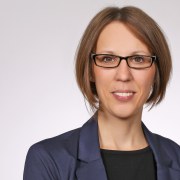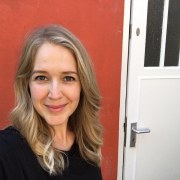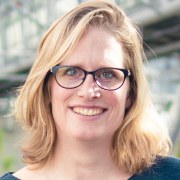Researching visitors’ learning outcomes: a beginner’s guide
When developing an exhibition or activity, we want the best possible visitor experience and learning outcomes - but how do we know we've achieved this? Personal meaning mapping, multiple choice tests, follow-up interviews, pre- and post-questionnaires... to name just a few. There are various ways of trying to measure museum learning. But what are the learning outcomes in a museum? Are they measurable, and if so, how? What are the first steps and possible pitfalls when researching visitors’ learning outcomes? In this workshop you will be guided through the evaluation process step by step. We will begin by looking at your aims and visitors’ backgrounds through different research methods and instruments, before we choose which path is right for you.
The session will be a mixture of theoretical elements, practical sessions and interaction among participants and speakers based on their own case studies. Participants are encouraged (but not obliged) to bring in a case study to work on during the session.
Browse the detailed programme here.
Session speakers
Head of Visitor and Educational Research
Drawing on her own research projects as well as her practical experience as museum and educational researcher and evaluator, Inga will give insight into models of doing visitor research in museums and what kind of evaluation-type research can be done. This includes both the type of research and possible and appropriate methods. She will help participants to draw up their (first) own research project. While doing so however, she will explain the challenges and pitfalls of previous approaches to measure ‘learning’ outcomes and what they offered in terms of valid and relevant insights into visitors’ learning and the usefulness of these insights for the museum.
Leibniz Centre of Excellence for Museum Education
Siëlle will draw on her experience in visitor research to help participants explore what may constitute learning in museums and discuss different approaches to measure ‘learning outcomes’. While discussing several ways she tried to capture learning in the past, Siëlle will explain why she was never entirely happy with what previous approaches offered in terms of valid and relevant insights into visitors’ learning outcomes on the one hand and the usefulness of research results for the museum on the other. Siëlle looks forward to learning from lively discussions about how to research visitors’ learning.
Assistant professor informal science education
In her research and teaching, Anne Land focuses on learning with real objects in science museums. She has studied how visitors interact with real objects, how they interpret them and what role touching real objects play in their learning experience. In addition, she is a member of the Impactlab team that has developed a toolbox for measuring the impact of science communication. The toolbox helps organizers of science communication activities, including science museums, to think about what kind of learning outcomes they want to achieve and specifically how they can determine if they have reached these goals. In this preconference, she will bring her experience in doing research with visitors and the different types of research methods covered in the toolbox to the table.



